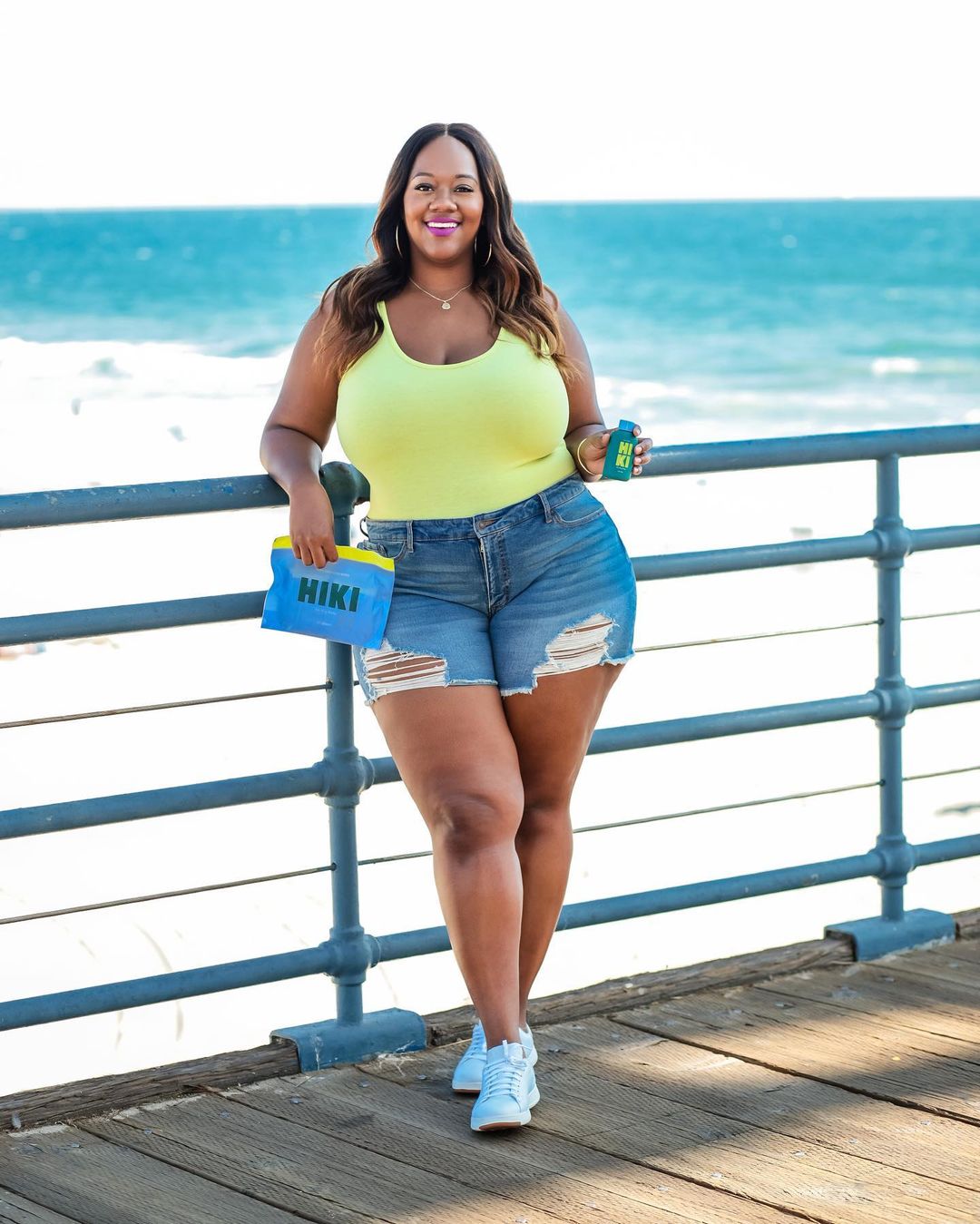Serena Williams, 39, appears on the front cover of British Vogue’s November issue and told the publication how she feels she has been ‘underpaid’ and ‘undervalued’ in the past in comparison to her male and white female counterparts.
On the November 2020 cover of British Vogue, sports icon Serena Williams models a sleek custom-made white dress by Nike and Off-White. Its impact lies in its simplicity.

Wearing custom @Nike
Photographed by @ZoeGhertner
Styled by @SarrJamois
Hair by @VernonFrancois
Make-up by @FaraHomidi
Nails by @Betina_Goldstein
Set design by @SpencerVrooman
Entertainment director-at-large @JillDemling
Over the past few weeks it has struck me how many of the conversations we’ve been having here at Vogue have boiled down to the same simple and alluring concept: clarity. Well, I say simple, too often this year clarity has felt elusive, as we’ve grappled with a siege of minute-by-minute information and disinformation while pushing on through a pandemic, a civil rights crisis and a fraught American presidential election. Who do we trust? What opinions matter? What are the facts?

Ever since making her professional tennis debut in the mid-’90s, Serena Williams has consistently used her voice to call out systemic prejudice, both on the court and off – pushing aside myriad racist, sexist obstacles to win a mind-boggling four Olympic golds and 23 Grand Slam singles through the years.
“Underpaid, undervalued,” British Vogue’s November 2020 cover star reflects of the uphill battle she had to fight to become one of the most decorated tennis players in the world. “[But] I’ve never been a person that has been like, ‘I want to be a different color’ or ‘I want my skin tone to be lighter.’ I like who I am, I like how I look, and I love representing the beautiful dark women out there. For me, it’s perfect. I wouldn’t want it any other way.”





